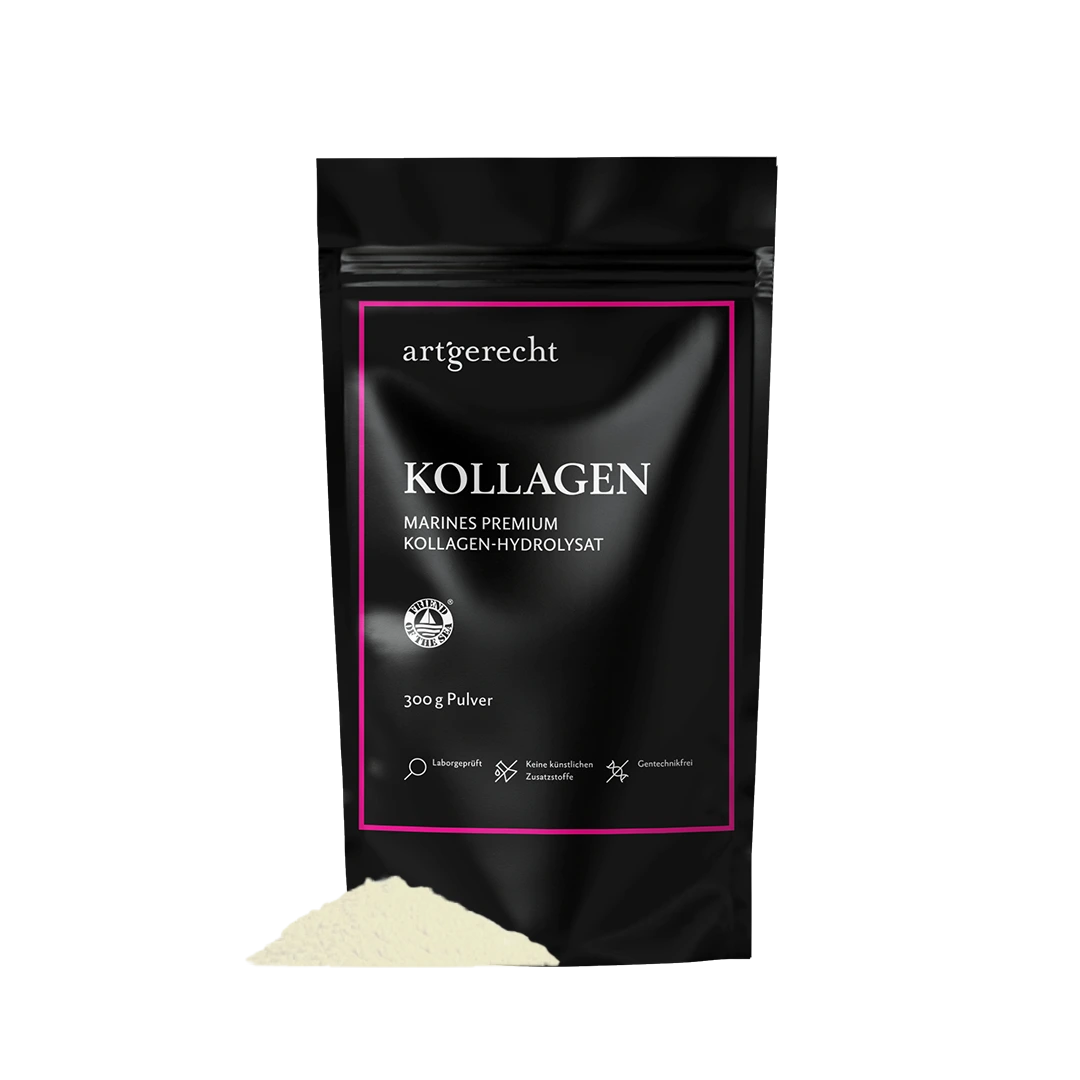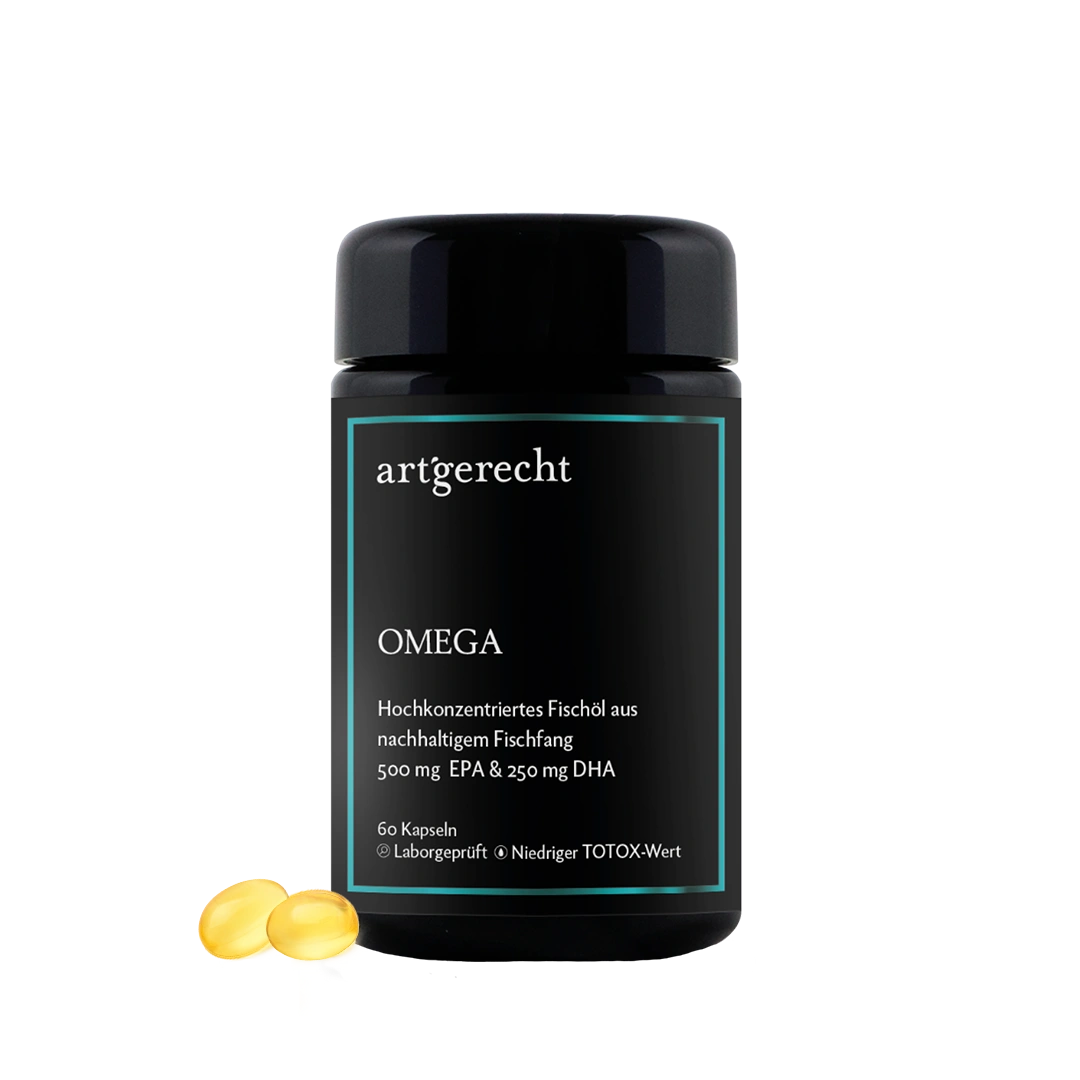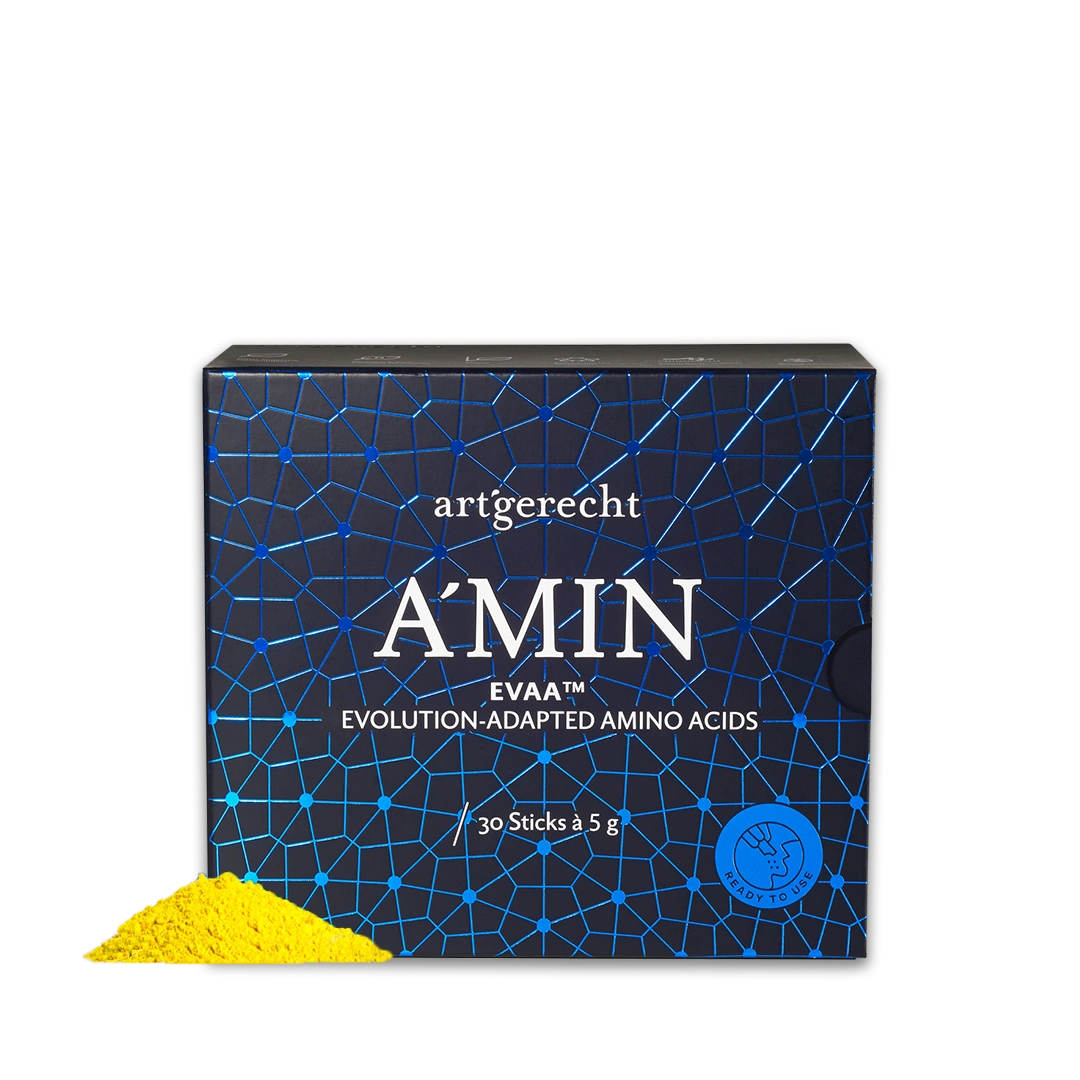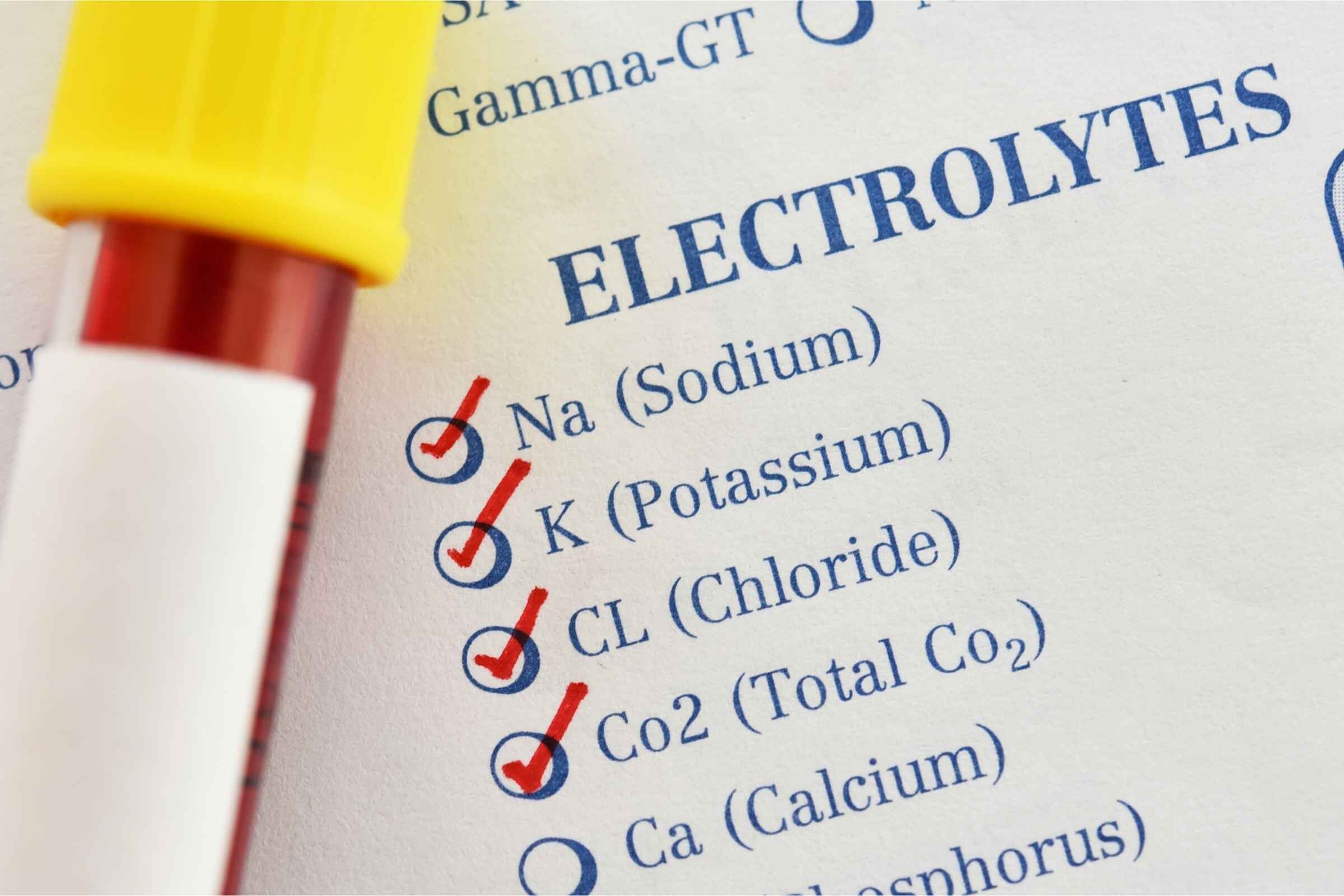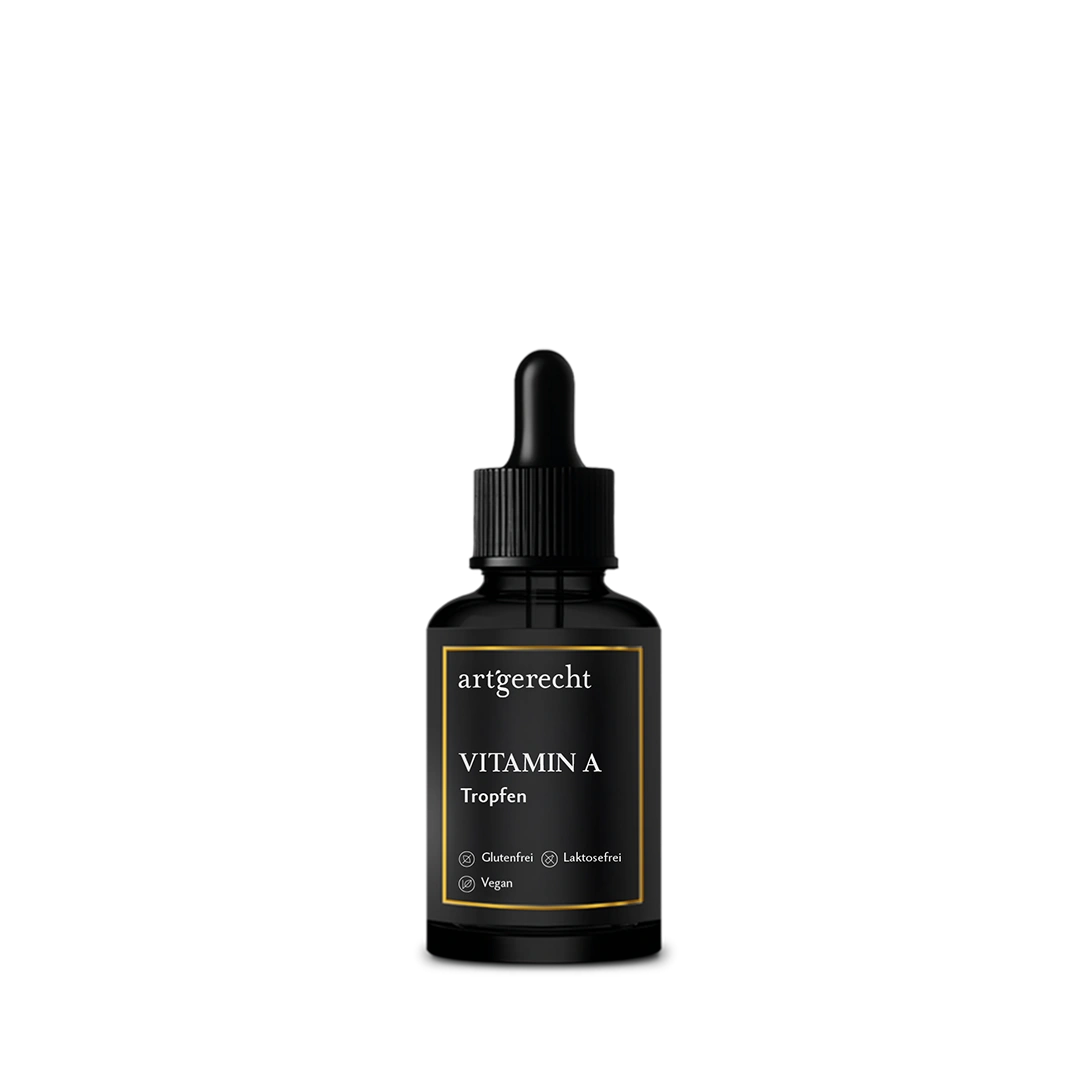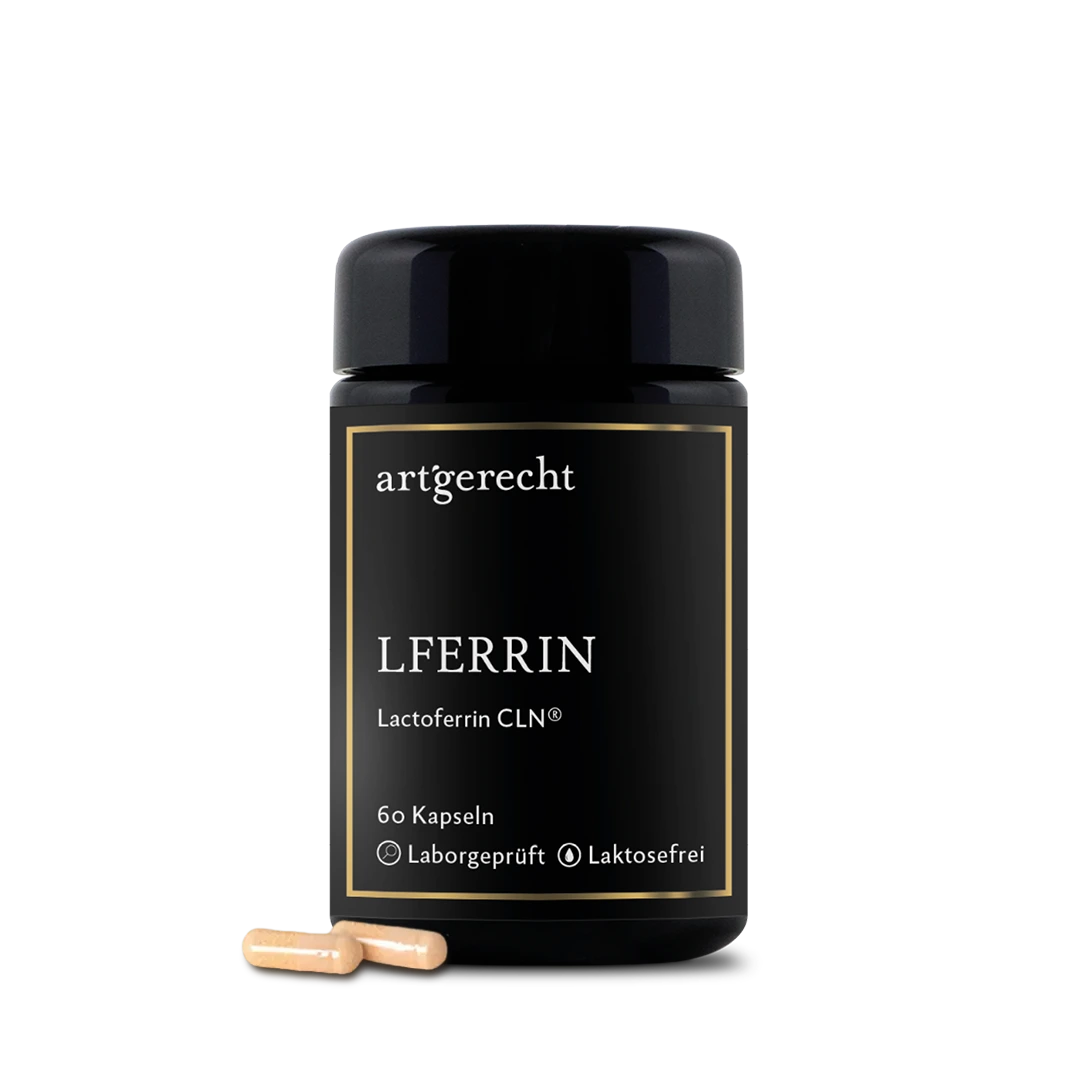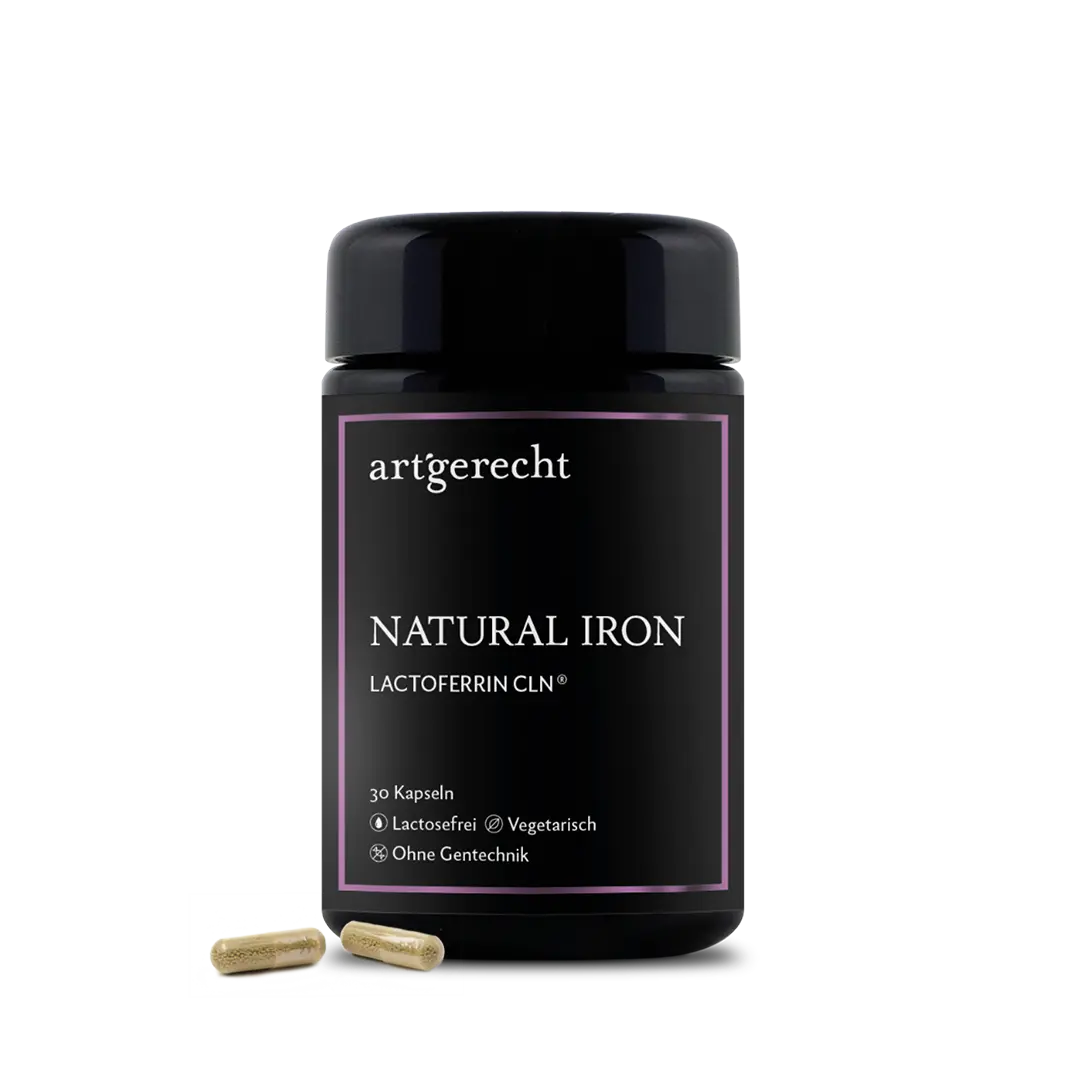- 1st age group: 20-35 years – Building a strong base
- 1.1 Sleep
- 1.2 Stress management
- 1.3 Nutrition
- 1.4 Brain health
- 2nd age group: 35-50 years – Balance and prevention
- 2.1 Sleep
- 2.2 Stress management
- 2.3 Nutrition
- 2.4 Brain health
- 3.1 Sleep
- 3.2 Stress management
- 3.3 Nutrition
- 3.4 Brain health
- Conclusion
Health is a lifelong process that requires a different focus at each stage of life. A balanced lifestyle with good sleep, targeted stress management, appropriate nutrition and cognitive support can significantly improve the quality of life and contribute to longevity. In order to remain healthy and productive in the long term, it is important to consider the respective needs of the different age groups and to take preventive measures. In this article, you will learn which strategies have proven effective for different age groups to stay physically and mentally fit.
1st age group: 20-35 years – Building a strong base
Young adults are in a phase of life in which the body is powerful and can regenerate well. Nevertheless, it is essential to establish healthy habits in order to prevent illness in the long term and maximize your own well-being.
1.1 Sleep
Morning sun for melatonin regulation
Light in the morning is crucial for the internal clock and suppresses the release of melatonin, the sleep hormone. At the same time, serotonin is produced, which ensures a good mood and a high level of concentration. A short time outdoors, especially in the early hours of the morning, can therefore help to start the day with more energy and stabilize the sleep-wake rhythm [1].
Magnesium bisglycinate for deep sleep
Magnesium is an essential mineral that supports numerous bodily functions. It plays a particularly important role in the quality of sleep, as it influences the activity of neurotransmitters that are responsible for relaxation. The regular intake of magnesium bisglycinate can help to improve the quality of deep sleep and reduce night-time awakenings [2].
1.2 Stress management
4-7-8-breathing-technique-for-cortisol-reduction
This breathing technique is a proven method for calming the nervous system and reducing stress hormones. By consciously inhaling for four seconds, holding your breath for seven seconds and exhaling slowly for eight seconds, the parasympathetic nervous system is activated, which ensures relaxation. Regularly practising this technique can help you to cope better with stressful situations and strengthen your mental resilience [3]
Cold exposure for higher stress resilience
Regular cold showers or ice baths can help to increase stress resistance, strengthen the immune system and improve mental resilience. Cold temperatures activate brown adipose tissue, promote blood circulation and release endorphins that increase well-being. People who regularly exercise in cold temperatures often report better stress management and increased energy levels [4].
1.3 Nutrition
Protein-rich nutrition
Adequate protein intake is essential for muscle building and regeneration after physical exertion. Proteins provide the necessary amino acids to maintain muscle and build new muscle mass. Especially for people who exercise regularly, it is important to make sure that every meal contains a sufficient amount of protein. Foods such as lean meat, fish, eggs, pulses and dairy products are valuable sources of protein.
Optimal hydration
Adequate hydration is essential for all metabolic processes in the body. Water plays a decisive role in temperature regulation, nutrient absorption and detoxification of the body. Adults should drink at least 2.5 liters of water a day to optimize hydration and ensure optimal cognitive performance.
1.4 Brain health
Increasing neuroplasticity through learning
The brain remains malleable for a lifetime. Daily learning of new skills or languages promotes the formation of new neuronal connections and can help to sharpen memory and maintain cognitive flexibility. Those who regularly take on mentally challenging tasks strengthen their brain function in the long term and prevent age-related mental decline [5].
Omega-3-rich foods promote cognitive functions
DHA and EPA, which are found in oily fish such as salmon, mackerel and herring as well as in algae, support brain function and prevent neurodegenerative diseases. Omega-3 fatty acids also have anti-inflammatory properties and can reduce the risk of cognitive disorders [6].
2nd age group: 35-50 years – Balance and prevention
In this phase of life, professional and family commitments often take center stage, which can limit the time available for self-care and health measures. Nevertheless, it is essential to pay attention to a healthy lifestyle from an early stage in order to avoid age-related health problems. The focus should be on a balanced relationship between stress management, exercise, a healthy diet and cognitive fitness.
2.1 Sleep
Blue light reduction for melatonin production
The increasing use of screens can disrupt the circadian rhythm and inhibit melatonin production. Blue light emitted from smartphones, laptops and televisions signals the body to stay awake. Using blue light filters or avoiding digital devices at least one hour before bedtime can help support natural melatonin production and improve sleep quality [1].
Glycine to improve sleep quality
Glycine is an amino acid that has been shown to improve sleep quality by calming the nervous system and slightly lowering body temperature. A daily intake of around 3 g of glycine before bedtime can help you fall asleep faster and promote restful sleep [2].
2.2 Stress management
Adaptogens like ashwagandha & rhodiola for cortisol regulation
Stress levels often increase in the 35 to 50 age group due to professional and personal challenges. Adaptogens such as ashwagandha and rhodiola can help to regulate the body's stress response and stabilize cortisol levels. Studies show that ashwagandha can increase stress resistance and reduce anxiety, while rhodiola improves mental performance and counteracts fatigue [7,8,9].
Exercise as a natural stress reliever
Regular exercise is an effective way to reduce stress and promote general mental health. Endurance sports in particular, such as jogging, cycling or swimming, are known to stimulate the release of endorphins, which leads to a feeling of relaxation and satisfaction. In addition, strength training can help to reduce muscular tension, which is often caused by stress-related postures [10].
2.3 Nutrition
Protein requirements for muscle mass maintenance
Natural muscle loss begins from the age of 35 if no targeted countermeasures are taken. An adequate protein intake of 1.2 to 1.6 g per kg body weight per day is essential to prevent muscle loss and keep the metabolism active. High-quality protein sources such as fish, lean meat and eggs should be regularly integrated into the diet.
Fiber for intestinal health and inflammation reduction
Intestinal health plays a central role in the immune system and general health. A high-fibre diet can help to reduce inflammatory processes in the body, stabilize blood sugar levels and support digestion. Vegetables such as artichokes, broccoli, carrots and fruits such as raspberries, apples and bananas are particularly beneficial [11].
2.4 Brain health
Polyphenols from berries, turmeric and green tea as protection against oxidative stress
Oxidative stress is one of the main factors for cognitive decline and neurodegenerative diseases. Polyphenol-rich foods such as berries, turmeric and green tea contain powerful antioxidants that protect brain cells from damage and have an anti-inflammatory effect. Regular consumption of these foods can help to improve memory and reduce the risk of dementia.
Mental challenges to promote neuroplasticity
Mental fitness should be actively promoted in this age group. New challenges such as learning a new language, playing a musical instrument or solving complex puzzles can increase neuroplasticity and keep the brain efficient in the long term. Studies show that people who regularly challenge their brain have a lower risk of age-related cognitive decline [12]
3rd age group: 50+ years – Longevity and vitality
As we get older, our physical and cognitive needs change. Maintaining vitality, preventing age-related illnesses and promoting mental fitness are the focus in this phase of life. By taking targeted measures in the areas of sleep, stress management, nutrition and brain health, well-being can be maintained in the long term.
3.1 Sleep
Early dinner to support the circadian rhythm
With increasing age, the natural sleep rhythm can be disturbed. An early dinner, at least three hours before bedtime, supports the circadian rhythm and promotes better sleep quality. Hard-to-digest meals or a high sugar intake in the evening, on the other hand, can have a negative impact on sleep. A light, protein-rich meal with healthy fats and complex carbohydrates is ideal for a restful night.
Melatonin supplementation to improve sleep
As the body's own production of the sleep hormone melatonin decreases with age, supplementation can be useful. Melatonin helps to shorten the time it takes to fall asleep and improve the quality of sleep. Studies show that a dosage of between 0.5 and 3 mg around 30 to 60 minutes before bedtime provides the best results [13].
3.2 Stress management
Importance of social interaction for cognitive health
Social interaction is essential for mental health and can reduce the risk of cognitive diseases, including dementia. Regular socializing with family and friends, participating in community activities or volunteering promote emotional well-being and maintain mental performance. Studies show that people with active social networks have a lower risk of depression and cognitive impairment.
Meditation & breathing exercises for blood pressure regulation
Meditation and conscious breathing techniques are proven methods for stress management and lowering blood pressure. Regular meditation practices such as mindfulness meditation or guided breathing exercises activate the parasympathetic nervous system, reduce the release of stress hormones and promote relaxation. This can help to reduce the risk of cardiovascular disease and improve the general quality of life [14].
3.3 Nutrition
Collagen and vitamin D3 + K2 for bone health
Bone density decreases with age, which increases the risk of osteoporosis. A targeted supply of collagen can help to improve the stability and elasticity of bones and joints. Collagen also supports skin health and promotes the regeneration of connective tissue.
Vitamin D3 plays a crucial role in calcium absorption and bone health. As the body's own production from sunlight decreases with age, supplementation is often necessary. In combination with vitamin K2, it ensures that the absorbed calcium reaches the bones and is not deposited in the arteries, thereby reducing the risk of vascular calcification.
Protein-rich nutrition & resistance training against muscle loss
Age-related muscle loss (sarcopenia) can be slowed down or prevented by a protein-rich diet and regular resistance training. A daily protein intake of 1.2 to 1.6 g per kg body weight supports muscle maintenance and regeneration.
In addition, resistance training - be it with weights, resistance bands or your own body weight - is one of the most effective measures for maintaining muscle strength and mobility. Studies show that just two to three training sessions per week can bring about significant improvements in muscle strength and coordination [15,16].
3.4 Brain health
Omega-3 fatty acids, choline and intermittent fasting for cell regeneration
Omega-3 fatty acids, especially DHA and EPA, are essential for the health of nerve cells. They reduce inflammation, protect neuronal connections and promote cognitive performance. Foods such as oily fish, walnuts and seaweed are excellent sources.
Choline is an essential nutrient for the production of acetylcholine, a neurotransmitter responsible for memory functions and learning processes. Eggs, liver and soybeans are rich in choline and should be regularly integrated into the diet.
Intermittent fasting (e.g. 16:8 method) has positive effects on cell regeneration and can help prevent neurodegenerative diseases. During periods of fasting, the body triggers autophagy processes that break down damaged cell components and thus support brain function [17].
Conclusion
The right health strategy depends on the respective phase of life. Young adults should build a strong foundation by developing healthy routines for sleep, nutrition and stress management. Middle-aged people should focus on prevention to reduce the risk of age-related diseases. In older age, the focus is on maintaining vitality, with measures to promote bone health, mental fitness and overall quality of life.
By making conscious choices in the areas of diet, exercise, mental stimulation and stress management, everyone can strengthen their own health in the long term and set the course for a long, fulfilling life.
Sources
- Reichrath, J. (2021). Healthy living through proper use of the sun: What does science say? In Sun–the dose makes the difference! Avoid skin cancer, prevent vitamin D deficiency(pp. 127-208). Berlin, Heidelberg: Springer Berlin Heidelberg.
- Powder, N. M. N. What is magnesium glycinate?
- Heimsoeth, A. (2023). Mental health: Getting a grip on stress. In 111 Mental Hacks: Simple techniques to increase your mental strength and positivity (pp. 201-228). Wiesbaden: Springer Fachmedien Wiesbaden.
- Schimpl, M. (2024) Capable of acting in extreme situations: Dealing with adrenaline; mental strength, motivation and stress resistance. Leopold Stocker publishing house.
- Laube, W. (2022). Mental health and physical activity Manual medicine, 60(1), 13-21. .
- Bayer, W. (2010). Anti-inflammatory effects of omega-3 fatty acids Nutrition & Medicine, 20(01), 15-19. .
- Kargus, U. (2023) Efficacy of Withania somnifera (Ashwagandha) on sleep quality and sleep quantity(Doctoral dissertation, Hamburg University of Applied Sciences).
- Delgado, P. (2023). What influence does the supplementation of ashwagandha (Withania somnifera) have on the cortisol balance of healthy individuals? (Doctoral dissertation, Hamburg University of Applied Sciences).
- https://institut-der-gesundheit.com/gesundheit-ernaehrung/die-rolle-adaptogener-pflanzen-in-der-stressbewaeltigung-ein-tiefer-einblick, last access: 06.03.2025
- https://fortschrittfokus.de/entspannung-work-life-balance/wie-stressabbau-durch-sport-dein-leben-veraendern-kann/, last access: 06.03.2025
- https://www.aok.de/pk/magazin/ernaehrung/lebensmittel/die-ballaststoffreichen-lebensmittel-im-ueberblick/, last access: 06.03.2025
- https://cereneo.ch/de/ernaehrung-gehirn-gesundheit/, last accessed: 06.03.2025
- https://brainperform.de/melatonin-dosierung/, Last accessed: 06.03.2025
- https://www.heilpraxisnet.de/naturheilpraxis/soziale-interaktion-verbessert-kognitive-funktionen-im-alter-20210911545887/, last access: 06.03.2025
- https://www.verbraucherzentrale.de/faq/projekt-klartext-nem/kombination-vitamin-d-und-vitamin-k2-39144, last access: 06.03.2025
- https://natu.care/de/kollagen/kollagen-nach-50-jahren-alter, last access: 06.03.2025
- https://www.drpetrabracht.de/blog/fasten-ernaehrung-gewicht/omega-3-fettsaeuren/, Last accessed: 06.03.2025


